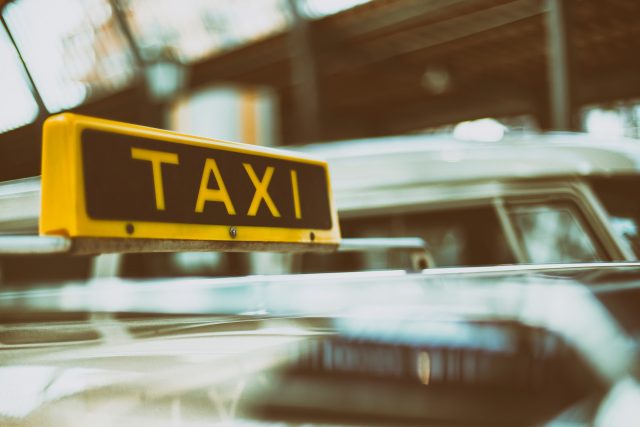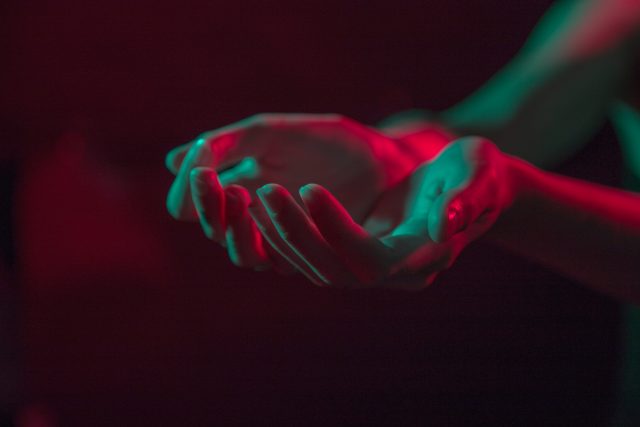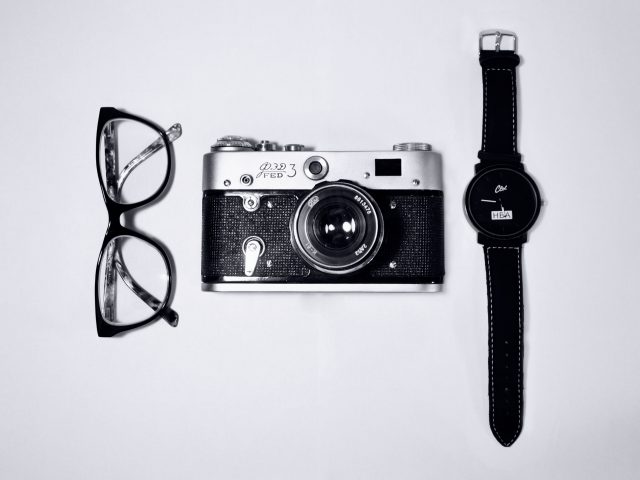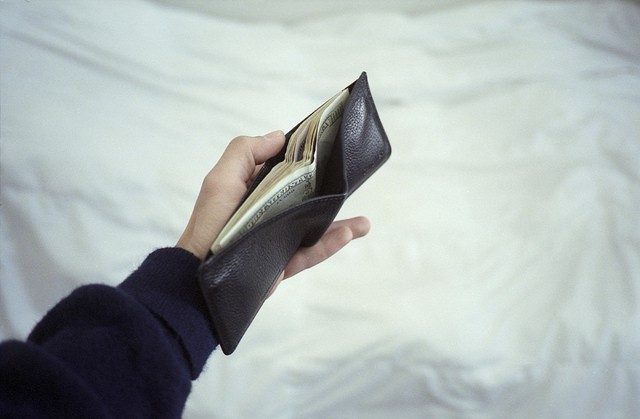
Congratulations! You scraped by, yet again, in getting this month’s rent and bills paid. But now you don’t have much spending cash for going out, and you’ll spend the rest of the month fantasizing about ways to make more money so that you can do both.
Have you considered the counterintuitive idea of paying cash-only everywhere you go in order to save money?
In my Clinton Hill neighborhood, I noticed that a lot of places provide a discount for paying cash instead of credit. In order to try and save a buck without actually putting in any effort, I decided to test-drive my theory and see whether I could save money by carrying cash everywhere for one week.
A couple of caveats: This does not apply to chain restaurants and stores (no cash deals there). I’m talking about the local mom and pop, corner stores and restaurants found in every neighborhood in Brooklyn. Below are the results and tips on how to scout out the deals.
____________

Look for the signs
Some places are obvious whereas others are subtler about letting you know whether you’re getting a deal or not. Since it’s technically illegal not to pay sales tax (yes, business owners could pay this but most push it on the customer), there are a series of unspoken signs that clever business owners have resorted to using.
For example, take the sign above, spotted at my local watering hole.
Let’s break down the unwritten clue; if you don’t pay by card, they won’t charge you sales tax plus a bogus penalty fee. So your $8 beer stays $8 instead of $8.96. Two $8 beers adds up to a transaction of $17.67 instead of 16, and so on and so forth. At the bottom end 96 cents may not seem like much, but if it’s been a hard day and you have several drinks, it certainly adds up.
Look for a sign along these lines, which indicates you’ll receive a discount for paying in cash. If you don’t see a sign, that doesn’t necessarily mean you won’t get a cash discount; it just means you’ll have to get to know the lay of the land by trial and error.
Pro tip: Since friends tend to hook each other up, there’s a direct correlation between befriending the bartender at your local watering hole and your bar tab decreasing. It’s customary to offset this discount by providing a hefty tip to your bartender but it’s still cheaper than going somewhere you don’t know the staff.
__________

On the opposite side of the spectrum, this place openly advertises the deal you’ll receive if you pay cash money for your food.
At this restaurant I was able to enjoy a tasty Nepalese lunch with generous servings (providing me a couple additional meals) plus a 10 percent discount. It’s not legal to charge more for credit, but it is legal to charge less for cash. Naturally, you should praise and frequent the places who do this. You can easily find cash deals in neighborhoods with a lot of college students because businesses usually offer deals and discounts to appeal to, and draw in, the local customers.
It’s win-win. The restaurant takes cards to show they’re not stealing money from the state ,and the patron who knows C.R.E.A.M. (Wu-Tang Clan ain’t nuthin ta f@%K wit) gets rewarded.
Learn to speak body language
I also realized you need to learn how to read body language. A lot of bodegas will wait to see how you’re going to pay before they tell you how much you owe. If you pull out a card, watch them hit that final button on the register to tally your tax. But pull out cash, and nine times out of 10 it’ll be tax-free.
Bodegas without detailed menus can also make up the numbers for their sandwiches; who’s gonna know? In my ‘hood, I’ll never pay the same price for my sandwich. It’s $6 for a wrap and $1 for a bag of chips, which usually means $7 for lunch, but some days I pay $6.75 or $6.90. Honestly, I think the bodega staff aren’t doing the math correctly but as long as it doesn’t cost more than what’s listed on their menu, I’m not messed up about it. (Paying cash usually means they’ll do the math in their heads, so there’s a chance they’ll do it wrong in your favor. If they err in their own favor, though, you can totally call them out on it. C.R.E.A.M.)
__________
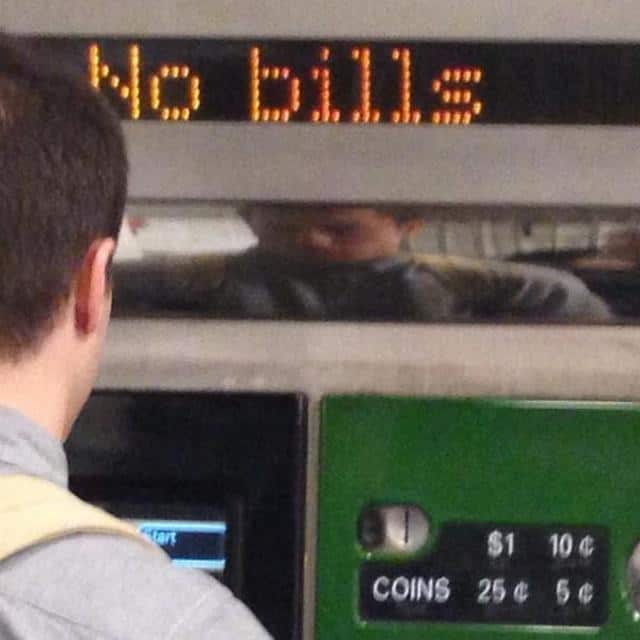
When to cash out
Now, I’m not suggesting you go off the grid and cancel your bank accounts, although having some hiding places to store cash isn’t a bad idea. There are just times when it’s not possible or convenient to use cash. Public transit, for one, because it requires an MTA card. You can refill your card painstakingly by inserting cash, but with a train coming? Please. And you can use money instead of a card if you take the bus, but they only take change and making sure you carry around enough quarters is just gonna weigh you down.
Paying rent/bills is also better done cashless, because with cash you have to deliver the payment in person and get a receipt to prove you paid.
And as I mentioned above, chain stores and restaurants don’t offer cash discounts so there’s no real benefit for paying with cash instead of a credit card, especially with all the points programs out there. Not to mention that living in digital times means you can purchase basically anything you need with a single click, pay bills online, etc.
Wanna play it like me? Here’s what I do: I take cash out once a week, and I don’t carry more than $40 on me at a time. It helps me cap my spending, and if I get mugged I’m not out that much. When I get low during the week, I run back to my hiding spot (or my bank) and fill up my wallet. I use cash to eat out for lunch and to get drinks several days a week, and for the rest of my expenses I use my card.
Conclusion: Have cash on-hand to score surprise discounts and avoid taxes on quick meals and alcohol around the borough, but use your card for everything else. My tips may not make you a millionaire, but aside from selling your organs, what will?
Stay up with this and other important money saving tips: Subscribe to Brokelyn today!
Leave a Reply

